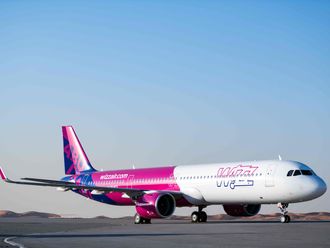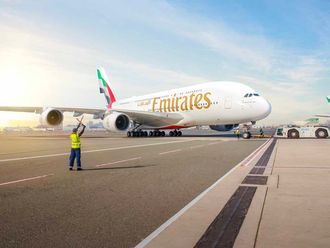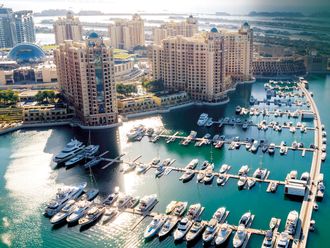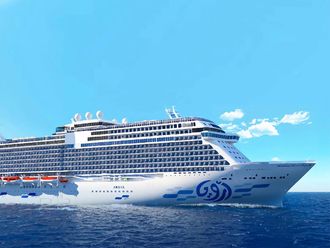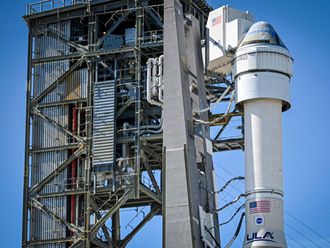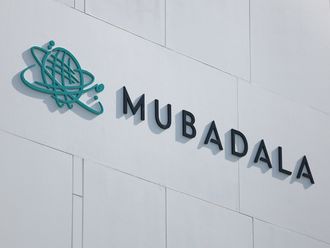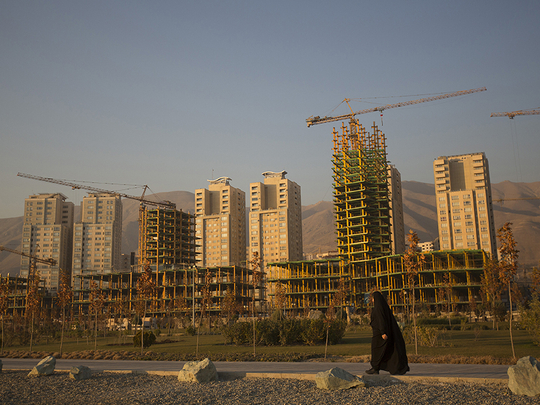
Dubai: Iran’s oil and gas sector will be the first to open up to foreign investment, generating much needed cash to fund other infrastructure projects, a panel of Iranian experts said on Wednesday.
Iran’s economy is set to open to the world for the first time in decades early next year when sanctions against the country are lifted following June’s nuclear accord with world powers including the United States. Since the June deal, foreign governments and companies have been lining up, eagerly awaiting to capitalise on one of the world’s most economically isolated countries.
But some have argued Tehran will be motivated to let foreign oil and gas companies in first.
“The country needs cash and cash will only come from oil and gas,” Naveed Ahmad Jeddy, a partner at Ernst & Young (EY) in Bahrain, said in Dubai on Wednesday at the China-Middle East business forum.
Iran has the second-largest proved gas reserves and fourth-largest crude reserves, which are expected to generate substantial revenue once sanctions go despite the current period of sustained low energy prices.
But with the focus on the country’s oil and gas sector, other heavy investment projects such as information technology, infrastructure, airports and roads will have to wait until the government has raised enough finances.
“The opportunities are going to be higher than any other country in the Middle East,” said Nader Ghadessi, a member of the Iranian Business Council in Dubai. “It will be the second-largest economy in the Middle East after Saudi Arabia,” he said.
Iran’s economy is already the region’s second biggest, worth $415 billion (Dh1.5 trillion) in 2015, however, this slumped under sanctions that crippled the country’s banking sector.
Shahbiz Shafee, managing partner of a law firm in Tehran, said companies entering Iran will need to be prepared for “transitional period” of the countries regulations. “Iran has a very complicated legal system,” he said.
This will mean that foreign companies may face other, bureaucratic delays in establishing a presence in the country. One example given was that it is supposed to take 3 to 4 days to set up a company in Iran, Ghadessi said, but in reality it takes up to 5 weeks, Shafee said.
The panel said companies will need to get used to doing business in Iran and even though Dubai is the “perfect gateway” to Iran, “doing business in the UAE and doing business in Iran is not comparable,” Jeddy said.
Foreign companies that have only ever experienced working in the UAE, may be surprised that in Iran there is corporate tax, value added tax and social security, he added.
However, former British Foreign Secretary, William Hague, said at the Arab Strategy Forum in Dubai on Tuesday “foreign direct investment will not flow into Iran as they might hope, due to political uncertainty, poor economic policy [and] weak rule of law.”


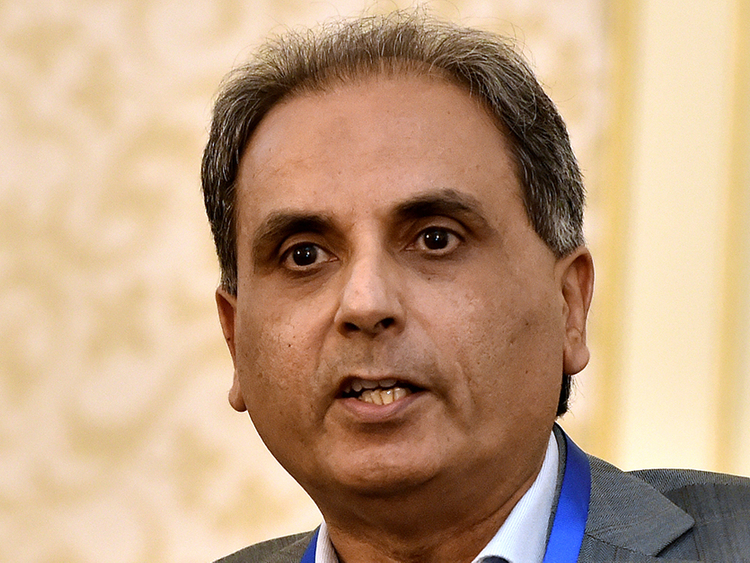
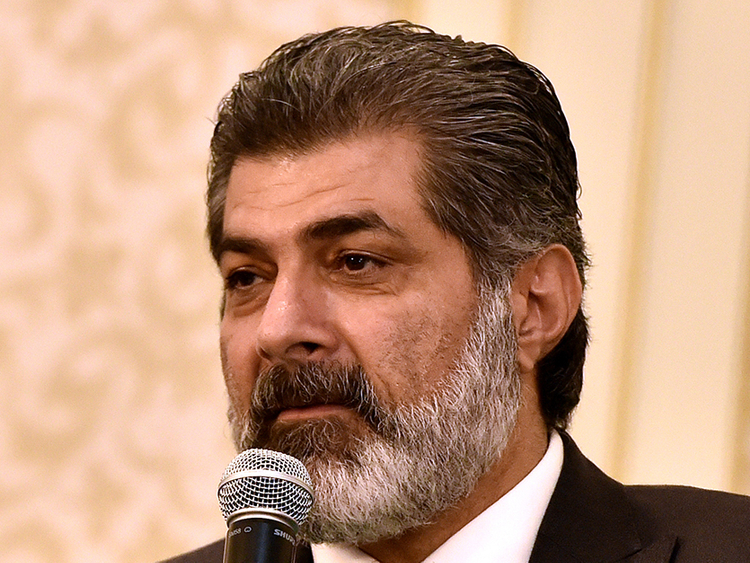

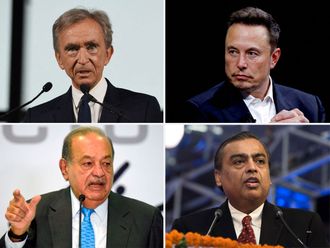
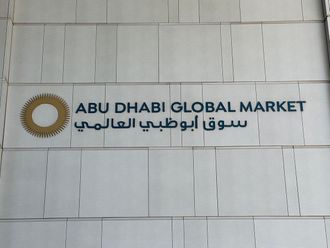
_resources1_16a08546a2b_small.jpg)
